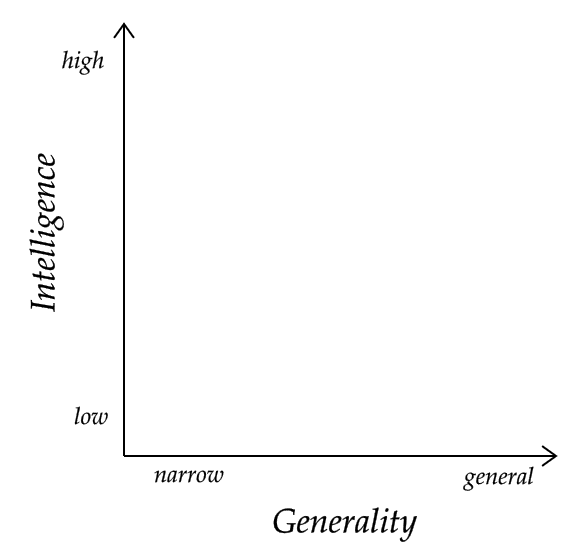cubefox
Is LLM Translation Without Rosetta Stone possible?
Suppose astronomers detect a binary radio signal, an alien message, from a star system many light years away. The message contains a large text dump (conveniently, about GPT-4 training text data sized) composed in an alien language. Let's call it Alienese.[1] Unfortunately we don't understand Alienese. Until recently, it seemed...
Are Intelligence and Generality Orthogonal?
A common presupposition seems to be that intelligent systems can be classified on two axes: * Intelligence (low to high) * Generality (narrow to general) For example, AlphaGo is presumably fairly intelligent, but quite narrow, while humans are both quite intelligent and quite general. A natural hypothesis would be that...

This is an example of begging the question: A because B presupposes A.